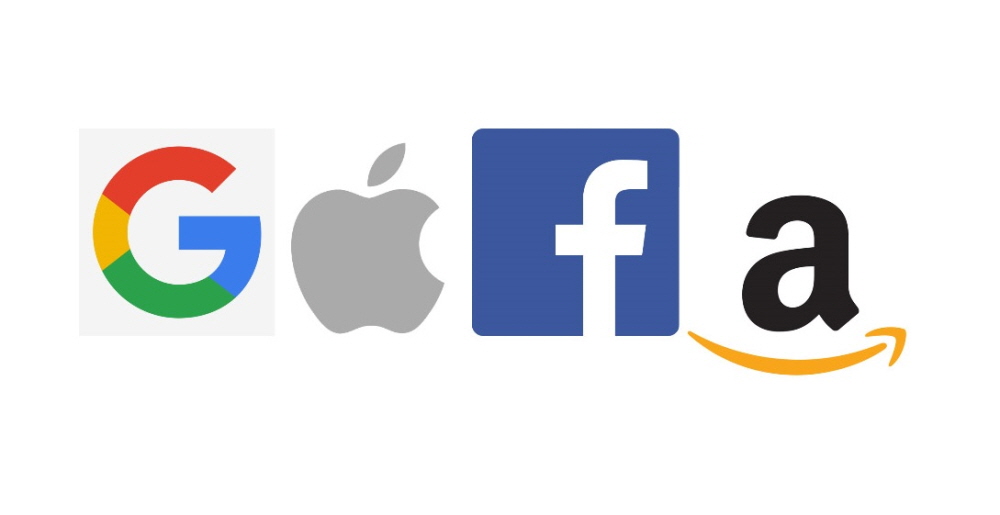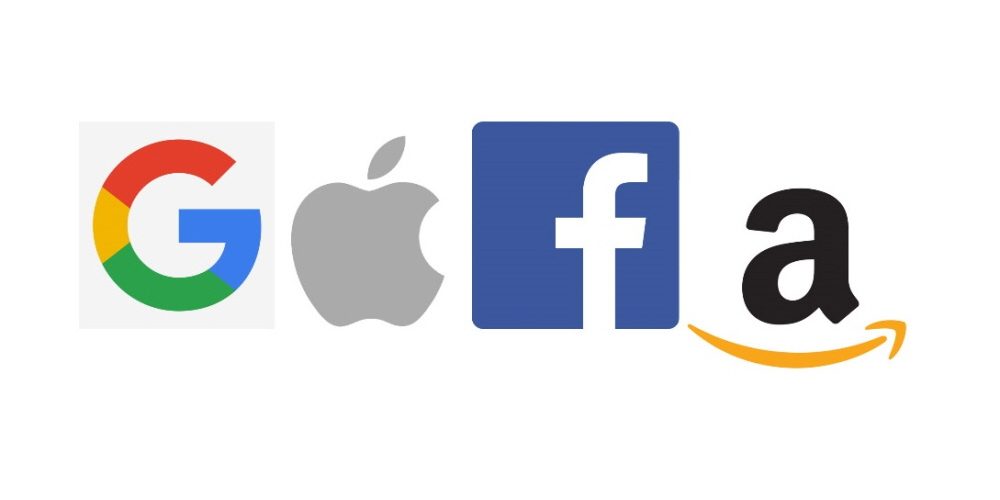
Will the move away from GAFA (Google, Apple, Facebook, Amazon) accelerate in Europe? The European Commission recently announced that it will embark on a five-year plan to ethically strengthen EU technology. It is not to make money, but to pursue a digital strategy that serves humans.
According to the announcement, there are two notable plans in the five-year plan. One is to invest billions of public funds in fields such as artificial intelligence and data collection. Another is to lay the groundwork for new rules that ensure that technology is used for humans. All show the goal and direction to prevent the EU’s technology economy from becoming a prey for the monopoly of large US tech companies.
It is pointed out that the newly proposed roadmap expresses concerns about economic dependence on US giants such as Google. While there are many small and medium-sized technology companies in Europe, employment and tax revenues in this market go to places like Silicon Valley, China and Korea.
According to a recently released document, the five-year plan will take months, including consulting, before it is ready to take any specific legal action. Anyway, it is clear that a lot of public money is pouring out in this process. Horizon Europe, for example, is generating huge revenues of 15 billion euros from research focused on AI in the fields of digital, industrial and space. In addition, the Digital Europe program DEP earns 2.5 billion euros for the distribution of data platforms and AI applications.
According to the European Commission, most of these funds can be invested in European High Impact projects for data areas in Europe, such as stable energy and efficient data sharing and cloud infrastructure. It also expressed that it is possible to support national agencies by DEP so that important datasets can be reused in various common data spaces.
The EU’s Privacy Act GDPR stipulates a solid framework for privacy protection for EU citizens, but does not have realistic rules for data portability. Meanwhile, according to the announcement, European regulators aim to create a single, secure market for both personal and non-personal data.
Markets are theoretically about allowing new data flows, protecting consumers and promoting economy. Europe will continue this trend for years to come. This will give you the opportunity to enter the $50 billion data market. The European Commission says a handful of large tech companies now have most of the world’s data, but they have expressed that Europe has big opportunities ahead.
As data volumes increase rapidly over the next few years, storage space moves from the cloud to the edge. The EU can be built on a strong legal framework for data protection and basic rights, safety, cybersecurity, and even the large-scale interconnection of internal markets or public services. Citizens, businesses and organizations are empowered to make better decisions based on insights gathered from non-personal data. Data should be available to everyone, not just public or private, startups or large corporations. The five-year plan seems to be long, but maybe it will come out quickly. The future trend is paying attention to whether this policy will be a success case for breaking away from GAFA dependence in other regions. Related information can be found here .


















Add comment